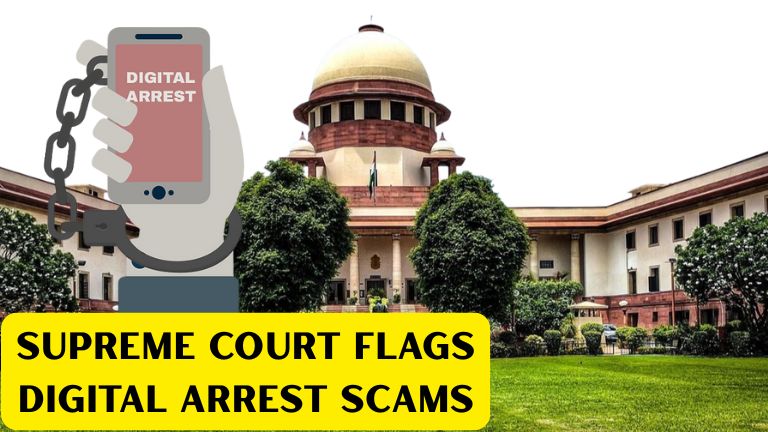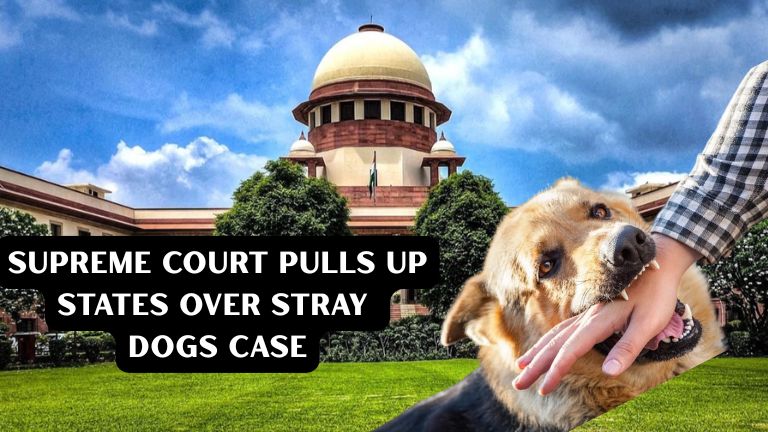B.C. Kandpal, J.@mdashBoth these Sales Tax Revisions have been filed against the judgment and order dated 27-9-1990, passed by the Sales
Tax Tribunal, Bench Haldwani. As both the revisions arise from the same judgment and order, hence are decided by this common judgment.
2. Brief facts of the case are that the Respondent S/S Jindal Solvent Extraction, Kashipur is a dealer, deals in Rice Brand Oil, Soabeen Oil,
Deoiled Cake, etc.
3. In C.R. No. 21/2003, the controversy relates to the sales tax of the year 1981-82. For the assessment year 1981-82, the taxable turnover was
for Rs. 70,67,820=72 P. Hence a sum of Rs. 2,78,747=40 P. was deposited towards sales tax. The O.P. claimed exemption on Rs. 3,03,639/-
regarding the sale made against Form No. 3-Kha. The Assessing Authority rejected the claim of the dealer/O.P. on various grounds given in the
assessment order contained as Annexure-1 with the revision. The Assessing Authority accordingly fixed the taxable turnover at Rs. 74,26,480/-
and tax at Rs. 2,97,104=64 P.
4. In C.R. No. 22/2003, the controversy relates to the sales tax of the year 1982-83. For this assessment year the taxable turnover was for Rs.
1,53,92,173/- and a sum of Rs. 6,15,618/- was deposited towards sales tax. The O.P. claimed exemption on Rs. 1,27,624/- regarding the sale
made against Form No. 3-Kha. The Assessing Authority rejected the claim of the dealer/O.P. on various grounds given in the assessment order
contained as Annexure-1 with the civil revision. The Assessing Authority accordingly fixed the taxable turnover at Rs. 1,60,54,687/- and tax at Rs.
6,42,187=48 P.
5. Against the aforesaid assessment orders, the dealer/opposite party went in the first appeal, u/s 9 of the U.P. Sales Tax before the Deputy
Commissioner (Appeals) Sales Tax. The first appellate authority upheld the orders passed by the Assessing Authority and dismissed the appeals.
6. Feeling aggrieved by the order of the first appellate court, the dealer/opposite party preferred the second appeals u/s 10 of the U.P. Sales Tax
Act before the Tribunal. The Tribunal allowed the appeals holding that the assessing authority had no jurisdiction to interfere on Form No. 3-Kha
issued by the another dealer and more so it is not mentioned in the Form 3-Kha that only concessional rate shall be applicable in their cases, as
such the dealer was entitled for having full tax exemption.
7. The Trade Tax Department preferred the revisions before the Allahabad High Court against the impugned order dated 27-9-1990 passed by
the Tribunal. The revisions have been transferred to this Court after creation of the separate State for disposal.
8. This court while admitted the revisions vide order dated 30-7-2004 framed following questions of law in C.R. No. 21/2003:
1) Whether, on the facts and in the circumstances of the case, the Sales Tax Tribunal was legally justified to allow full exemption u/s 4B of the U.P.
Trade Tax Act for sales made to manufacturers ?
2) Whether, on the facts and in the circumstances of the case, the Sales Tax Tribunal was legally justified in holding that no tax could be realized
from the selling dealer if the purchasing dealer had issued-wrong declaration in Form 3-Kha despite the fact that the exemption could only be
granted if it is provided that the dealer was entitled for exemption u/s 12A of U.P. Trade Tax Act ?
9. In C.R. No. 22/2003 the following questions of law were framed:
1) Whether, on the facts and in the circumstances of the case, the Tribunal was legally justified in granting total exemption of tax despite the fact it
was already recorded on the Form No. 3-Kha for Rs. 20,270/- that only concessional rate of tax shall be applicable to the purchaser of goods ?.
2) Whether, on the facts and in the circumstances of the case, the Sales Tax Tribunal was legally justified to allow full exemption u/s 4B of the U.P.
Trade Tax Act for the sales made to the manufacturer ?.
10. Heard learned Counsel for the parties and perused the record.
11. The record reveals that in the present case the dealer/O.P. sold oil to certain parties of the State who were holding recognition certificate.
Therefore, the main dispute in this case is that the goods so purchased from the dealer were fully exempted or the tax was payable

